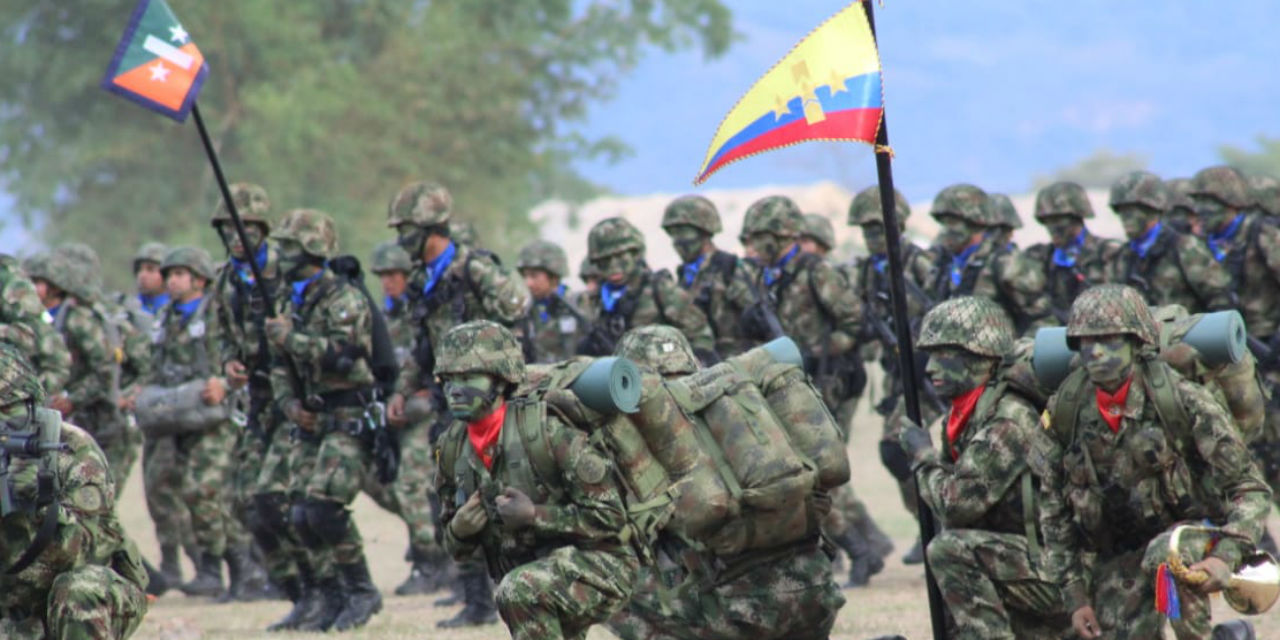
In an unprecedented move, a Colombian judge on July 2 gave President Ivan Duque 48 hours to suspend the participation of US troops in counternarcotics operations. The legal challenge was brought after 53 soldiers from the Pentagon’s Southern Command arrived June 1 as part of a “Security Force Assistance Brigade” (SFAB), to back up Colombian troops in conflicted areas. When opposition lawmakers protested that they had not been consulted, Defense Minister Carlos Holmes Trujillo told Congress he didn’t need their permission. Left-opposition Sen. Ivan Cepeda responded by taking the matter to the Cundinamarca Administrative Tribunal. The judge ruled that if Trujillo wants the US troops to continue their operations he must either receive permission from Congress or successfully appeal the ruling within 72 hours. (Colombia Reports, July 2)
Trujillo said in a virtual press conference after the decision: “The government will contest this ruling and continue carrying out, for reasons of national security, all of the work of binational cooperation with the United States, which includes the betterment of our capacities through training and technical advice.” (Reuters, July 3)
The SFAB is to operate in the so-called “Future Zones” newly created by Duque to “improve security in the territories and change illicit economies for licit economies.” The first Future Zones have been announced in five regions of the country, equivalent to 2.4% of Colombian territory: the Pacific coast of Nariño department, the Bajo Cauca and south of Córdoba department, Arauca department, the Catatumbo Valley, and Chiribiquete National Park in the eastern rainforest. (QColombia, June 3)
The legal decision comes amid outrage in Colombia over the gang-rape of a 13-year-old indigenous girl by soldiers. Seven soldiers pleaded guilty on June 25 to the assault, which took place three days earlier in Pueblo Rico, a municipality in Risaralda department. The local indigenous community is demanding that the soldiers be turned over to their traditional authorities to be tried under their autonomous system of justice before facing the national criminal courts. The National Indigenous Organization of Colombia (ONIC) said in a statement that “what is in the news today constitutes a serious violation of the rights of the minor, and collectively victimizes her family, the Embera Katío people and the indigenous peoples of the country.”
The National Army refused to cooperate with the indigenous authorities and jailed the soldiers at a military compound, after closing a plea deal with the Prosecutor General’s office in record time. (Colombia Reports, June 26)
Photo via Colombia Reports




